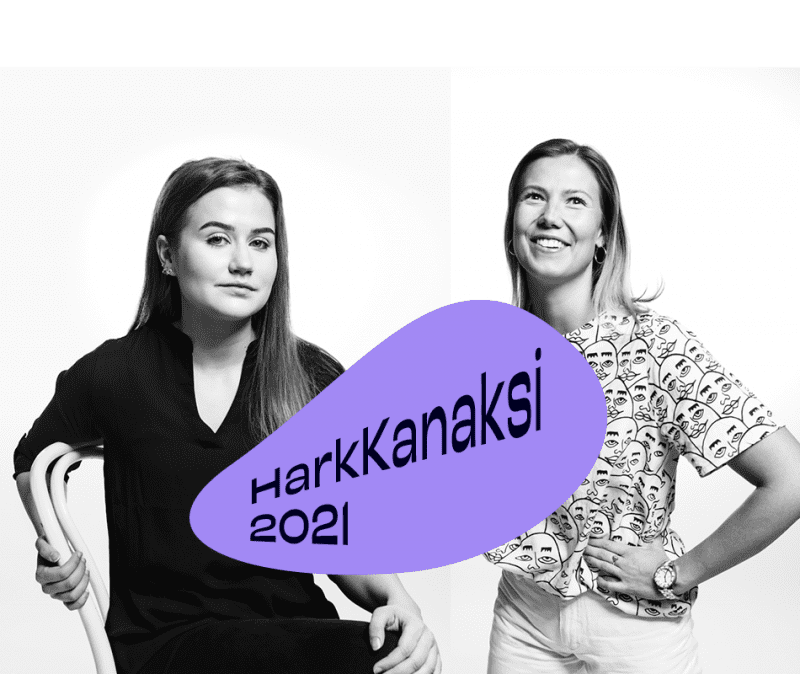Why do we hate going to work on Mondays?

While writing a book on the power of change with Mika Sutinen, Chairman of the Board of Ellun Kanat, Mika threw out a question: if humans are naturally curious, why aren’t organisations (that are made up of these people)? This is a question worth thinking about a bit. The dissection might also give us some insight into why we are pissed off/tired/fed up/exhausted when Monday comes and we have to go to work.
We want our curiosity back! So what’s the hold-up in organisations?
Humankind has always wanted to be exposed to the new. We have adapted, but we have also thrived because we have always stayed on the move and never stagnated. It’s in our genes, and it’s one of our most significant traits. Neophilia, or novelty attraction, is a theme that appears in academic research and in psychology literature. Along with reward dependency, avoidance of unpleasant things and perseverance, neophilia is considered one of the four components of human temperament, says Leonard Mlodinow in his book Elastic. While today’s world demands a tremendous capacity for change, it also requires that we simply lean on the power we have had all along, one of the things that make us human. Our ability and willingness to adapt, explore and create new ideas.
If humans are naturally curious, why aren’t organisations (that are made up of these people)?
In his book Alive at Work, London Business School professor Dan Cable goes even further: the human body and mind are not meant for routine and repetition, but for exploration, experimentation and learning. Dan echoes the idea of our book about change: curiosity, creativity and the courage to experiment are innate in us. The flip side is that when work becomes repetitive, bureaucratic and/or highly controlled, it becomes oppressive, restrictive or at the very least boring and unmotivating.
A culture of control is the opposite of curiosity. In the book The Fearless Organization, Amy Edmonson references to research on the unwritten rules of organisations that create a landscape free of curiosity:
Don’t ask questions or criticise something your boss has been involved in doing.
Don’t speak up or suggest anything if you don’t have enough data.
Don’t talk about problems if your boss is present.
Don’t raise issues or complicate a project by disrupting it, as this will lead to a stalled career development.
And then you’ll be pissed off about going to work on Monday.
A curious organisation wants to know, knowledge creates experiences and motivation to act, and action creates new and better ways, innovations and ideas. Significant innovations are not born out of answers, but out of questions, even the tricky ones: out of curiosity.
Another contradiction between a curious person and a curious organisation is efficiency. Despite what we might imagine based on the self-help section, life is not mathematics, and happiness does not necessarily stem from 24 hours of maximum efficiency. A good working life is not a mathematical equation but a human equation.
In efficiency thinking, we easily fall into a rigid role of performing our own expertise. We already know that Ford’s conveyor belt model was efficient but devastating in terms of the joy of work. However, as if by accident, we have slipped into a relatively narrow role of execution in our thinking. We do our bit without ever seeing the end result.
Secondly, we have forgotten relationships and their essential impact on the meaningfulness of work. An organisational culture based solely on individual performance wastes a vast resource. In a complex world, great deeds are done together, not alone. If we want to feel mentally safe and trusted, we need more collaboration, a better understanding of team dynamics and time to build meaningful and whole relationships. Collective curiosity can be built on top of a culture of trust. If employees are judged and rewarded only based on individual performance, no one will bother to create anything that is shared. Behind a successful team is a common shared purpose of existence that individuals can connect to deeper personal meanings.
If you were to ask me what the purpose of (work) life is, I would say this:
In a fun and bright group of people, to build together through curiosity, adventures with more profound and significant meanings than the adventure itself.
In the search for lost motivation, it may not be worthwhile for an organisation to limit itself to the question ”why?”. It is at least as necessary to answer the question ”how?”. With curiosity.



